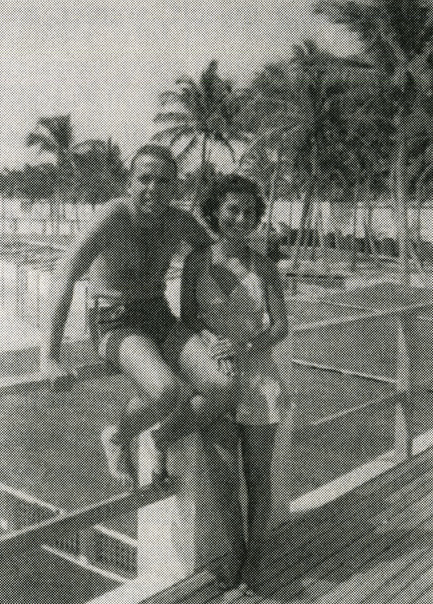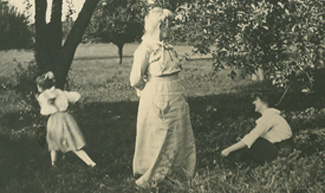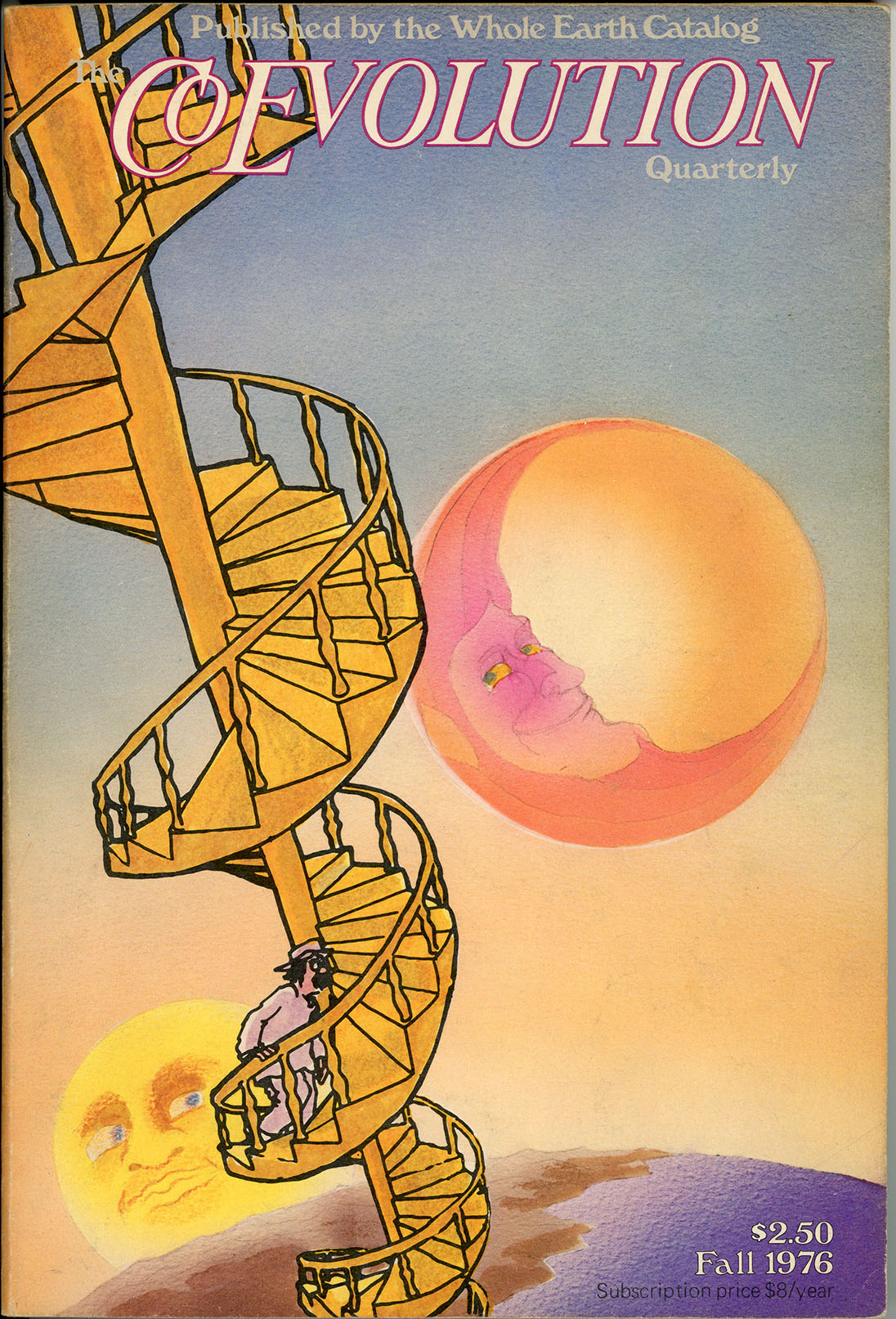J. Wesley Miller Papers
A nearly lifelong resident of Springfield, Massachusetts, J. Wesley Miller was actively engaged in the city’s politics. Often described as an eccentric activist, Miller graduated from Colby College and later earned his law degree from Western New England College of Law. Although he never practiced as an attorney, Miller did sue the law school upon graduation for “educational malpractice,” a suit that was settled out of court. Miller taught English at Heidelberg College in Ohio and at the University of Wisconsin, and it is at the latter institution where it seems he formed his habit of collecting street literature, mostly posters and fliers. Evidently consumed by a desire to collect such materials, Miller accrued a vast quantity of street literature by the time of his death in 2005.
The collection consists primarily of flyers and posters collected by Miller in Madison, Wisconsin and throughout western Massachusetts that reflect the contemporary history of the two regions. The literature ranges from announcements of student protests and rallies to advertisements for local pubs. Miller signed each item, possibly as part of a ritual to catalog the collection. Also included is a microfilm copy of Miller’s diaries.




